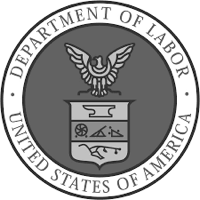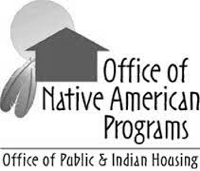
We can help you work it out.
PPM helps government, stakeholders, and the public craft actionable and sustainable agreements to resolve complex public disputes.
Our Approach
When Podziba Policy Mediation designs and implements mediation processes, unique solutions emerge through sustained productive negotiations that contain parties’ inevitable clashes of will, perspective and values.
Amazing clients have allowed us to produce work they are proud of.
"I know that Susan is known as a mediator... but I think of Susan as a peacemaker."
BARBARA THORP | former director of the Pro-Life Office of the Archdiocese of Boston
"We found it so good to talk to one another with the purpose of understanding, not persuading. I think we learned something fundamental that is worth sharing."
MELISSA KOGUT | former director of Mass NARAL, the state affiliate of National Abortion and Reproductive Rights Action and participant in the Abortion Talks
"My initial internal reaction was ‘oh boy, here goes the bar fight’ but then the unexpected thing happened. A really fascinating conversation began unfolding with everyone being very respectful of each other’s opinions and folks trying real hard to come up with constructive ideas for helping NOAA enhance the effectiveness of its law enforcement program."
BARRY DONALD | Environmental Defense Fund
"Why we are moving forward and why we are not getting bogged down is due to the professional facilitator, Susan Podziba. Her ability to keep us on track, in the right spirit, and with opportunities to express ourselves, has been an amazing skill to observe."
DOUG WILLIAMS | President of Buckner Heavy Lift Cranes, Inc. from “Great Progress,” International Cranes and Special Transport Magazine.
"On behalf our agency, I want to say thank you so much for a wonderful program. Your ability to connect in a meaningful way with the work our mediators do every day was an incredible testament to your talent as a dispute professional. The content was both interesting and important to us all."
LU ANN GLASSER | Manager of National Programs, Initiatives, ADR, and International Services, Federal Mediation & Conciliation Service
"Thank you for your work with the committee. I thought you skillfully moved the discussions forward and were always fair and considerate of individual member's opinions and comments."
ALVIN WILBANKS | Gwinnett County Public Schools, Georgia
"Susan Podziba has written a powerful and instructive book. Her career as a public policy mediator offers insights that go beyond anything else in print. Her ability to ask piercing questions in the best Socratic fashion, even of her own practice, make this an indispensable guide for anyone seeking to play a peacemaking role."
LAWRENCE SUSSKIND | Ford Professor of Urban and Environmental Planning, MIT Co-Founder, Program on Negotiation at Harvard Law School
"Susan Podziba's Civic Fusion: Mediating Polarized Public Policy Disputes is a much-needed contribution. It offers a glistening synthesis of the practical, the theoretical, and the aspirational, and shines a beacon of realistic hope for improving democratic processes. It is written beautifully and with a rare combination of sophistication, clarity, and insight. I wish every mediator and everyone concerned about public policy would read it."
LEONARD L. RISKIN | Chesterfield Smith Professor of Law and Director of the Initiative on Mindfulness in Law and Dispute Resolution at University of Florida Levin College of Law.






















